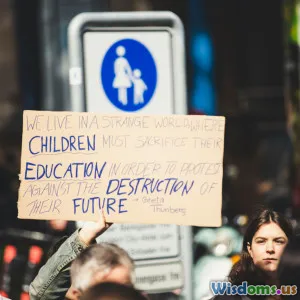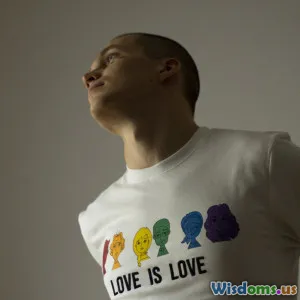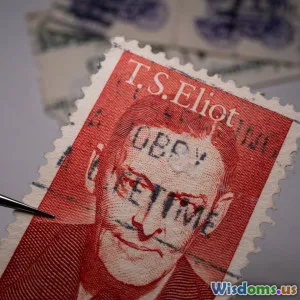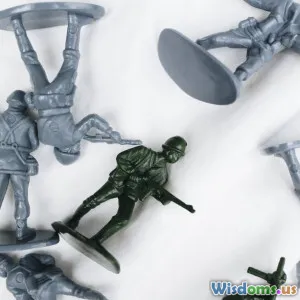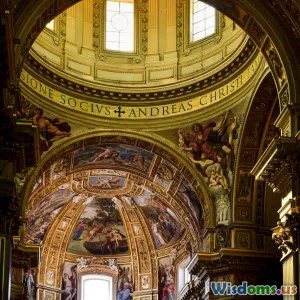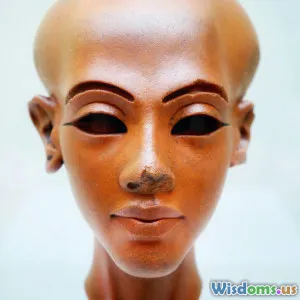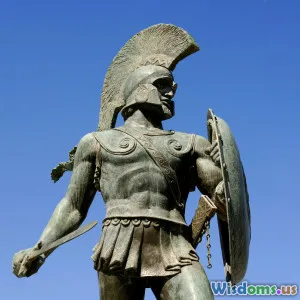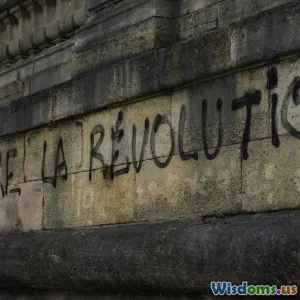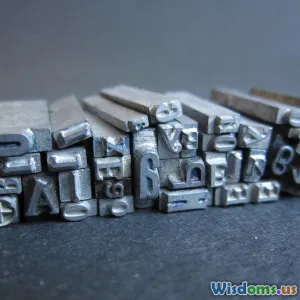
The Unseen Influence of Secret Societies
7 min read Explore how secret societies have subtly shaped history, politics, and culture beyond public view. (0 Reviews)
The Unseen Influence of Secret Societies
Secret societies have long occupied a space ripe for intrigue, speculation, and mystery. From whispers of clandestine meetings in shadowy chambers to the tantalizing notion that critical levers of power have been quietly manipulated behind closed doors, secret organizations captivate our imagination. But beyond conspiracy theories lies a more nuanced truth: secret societies have had real, often unseen influence on politics, culture, and history, shaping events in subtle and profound ways.
Understanding Secret Societies: More than Myth and Legend
Secret societies are organizations whose memberships, rites, or purposes are concealed from public scrutiny. Their secrecy isn’t simply for mystique; it often serves to consolidate influence among a select few, protect sensitive knowledge, or foster tight-knit communities bound by trust and shared secrets.
Examples of Prominent Secret Societies
-
Freemasons: Perhaps the most famous secret society, Freemasonry traces its roots back to medieval stonemason guilds. It has evolved into a fraternal organization emphasizing moral values, brotherhood, and charity but has often been suspected of wielding hidden political influence. Past members include several founding fathers of the United States.
-
Illuminati: Founded in 1776 in Bavaria, the Illuminati was an Enlightenment-era group that sought to promote reason and secularism. Though officially disbanded within a decade, its legend persists, symbolizing the archetype of covert control over governments.
-
Skull and Bones: A secret society at Yale University, known for recruiting influential political figures and business leaders, it illustrates how elite networks can shape the corridors of power.
These organizations vary widely in structure, goals, and legitimacy, but their impact can be significant. To grasp how secret societies operate beneath the surface, examining their methods and historical contexts is key.
Historical Influence on Politics
Secret societies have often interfaced with power by providing members access to elite networks, facilitating behind-the-scenes negotiations, or preserving ideologies that influence policy.
Freemasonry and Founding Ideals
Several key figures in the American and French Revolutions were Masons. For example, George Washington and Benjamin Franklin were affiliated with Freemasonry. Masonic ideals of liberty, equality, and fraternity arguably permeated the development of democratic societies. While historians caution against overstating direct causation, the shared ideology helped disseminate revolutionary ideas discreetly across borders during times of heavy censorship.
The Carbonari’s Role in Italian Unification
The Carbonari, a secret society active in Italy in the early 19th century, provided a framework for nationalist revolutions against foreign and autocratic rule. This clandestine group's organizational structure allowed dissidents to communicate and organize uprisings, significantly impacting the Risorgimento movement and the unification of Italy.
Influence in Modern Political Cabinets
Membership in secret or semi-secret societies continues to foster connections among global elites. For instance, alumni of Skull and Bones have included U.S. presidents and influential politicians, showcasing how these societies function as pipelines for careers in power.
Cultural and Social Impact
Beyond politics, secret societies have influenced culture, art, and philanthropy.
Patronage and Artistic Endeavors
Freemasons have historically been patrons of arts and sciences. Numerous sculptures, architectural marvels, and paintings contain Masonic symbolism, suggesting that members used creative expression to communicate ideals and values covertly.
Shaping Educational Institutions
Universities and colleges with secret society chapters have seen those groups influence campus traditions, leadership cultivation, and social stratification. Yale’s Skull and Bones, for example, is tied to fostering a network of future influencers.
Charity and Public Good
Some secret societies emphasize charitable works and community support. Organizations like the Odd Fellows and Rotary Club started as fraternal societies with secret rituals but evolved to focus heavily on philanthropy.
Modern-Day Perspectives and Skepticism
In the digital age, the claim of secret societies as puppeteers behind governments and world events often ventures into conspiracy theory territory. However, scholarly research reveals that while some groups do hold influential networks and exhibit elite dynamics, their actual capacity to control large events is limited and nuanced.
Transparency vs. Secrecy Debate
Critics argue that secrecy itself fosters distrust and suspicion. Advocates counter that private bonds and confidentiality can foster honest dialogue and moral development away from public grandstanding.
The Role of Media and Popular Culture
Movies, books, and documentaries frequently sensationalize secret societies, blending fact with fiction. This portrayal influences public perception, contributing to both fascination and fear.
Conclusion: Peering Behind the Veil
Secret societies, whether ancient fraternal orders or contemporary elite networks, underscore an enduring human tendency to form exclusive bonds and share privileged knowledge. Their unseen influence is a testament to the power of discreet connection and shared ideology in shaping history.
Far from omnipotent puppet masters, these groups act as facilitators—transmitting culture, catalyzing political movements, and fostering trust among their ranks. Understanding their true role demands separating myth from reality and appreciating the complexity of social networks and power.
By exploring secret societies with critical insight, we gain a deeper understanding of history’s hidden currents and perhaps a more informed perspective on how influence operates in any society—seen or unseen.
Rate the Post
User Reviews
Popular Posts










